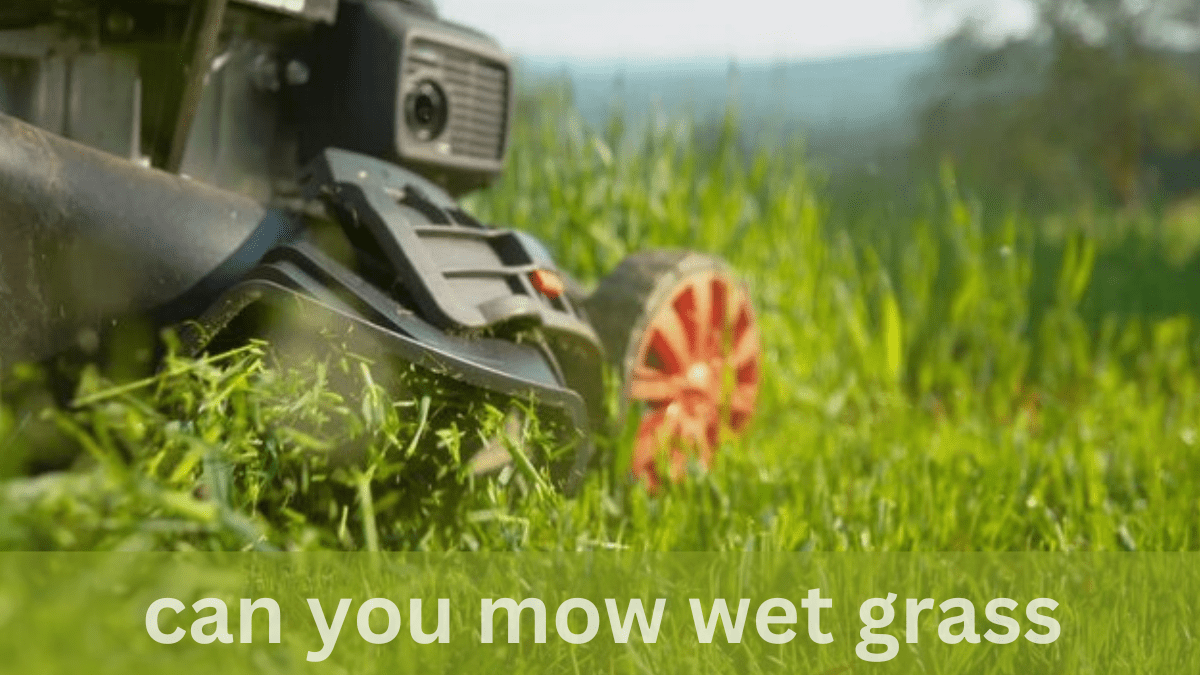Table of Contents
Regarding lawn care, timing can make all the difference between a healthy, thriving yard and one that suffers from unnecessary damage. One common question many people ask is, “Can you mow wet grass?” While it might seem like a good idea to tackle your lawn after a rain shower, it’s essential to understand why mowing wet grass is not recommended. Can You Mow Wet Grass? In this article, we’ll explore five crucial reasons why mowing wet grass can lead to costly mistakes and how it can harm your lawn in the long run.
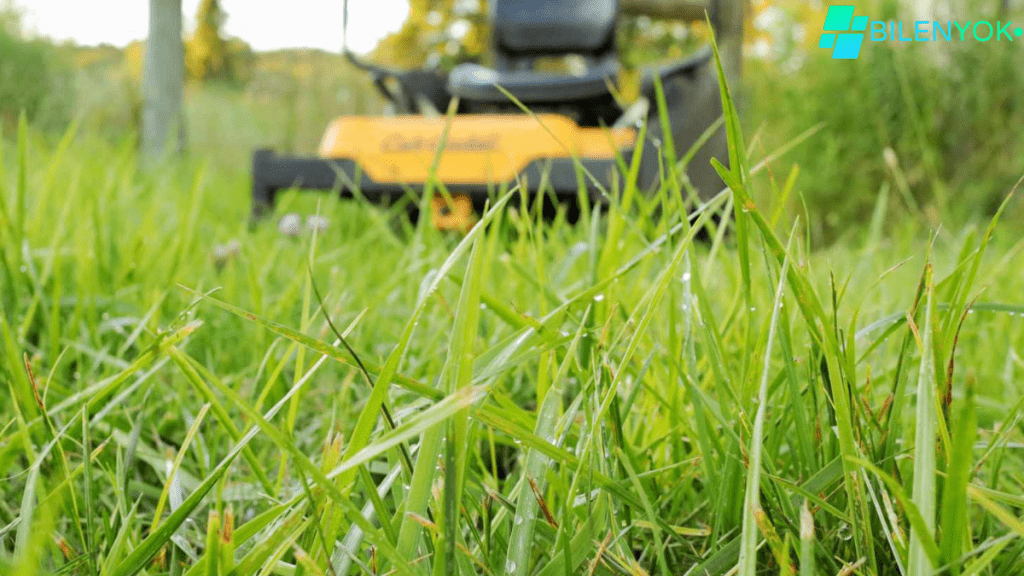
Can You Mow Wet Grass?
You might think that if you have the time and your lawnmower ready, mowing your lawn whether wet or dry shouldn’t make a difference. But this isn’t true. The condition of your lawn can significantly affect how well the mowing goes and, more importantly, how your grass responds. Can you mow wet grass? Technically, yes, but should you? Not! Here are five key reasons why you should never mow damp grass.
1. Wet Grass Clumps and Clogs Your Mower
Mowing wet grass leads to clumping, which can cause various issues. When wet grass sticks together, forming heavy, uneven clumps that don’t break down quickly. These clumps make your lawn look messy and can smother the grass beneath them, blocking sunlight and air circulation.
Moreover, these wet clumps get stuck in your mower blades and underneath the deck, clogging the machine. This makes the mowing process inefficient and may lead to the mower overheating or breaking down. If your mower has to work harder to cut through wet grass, you’re also putting unnecessary strain on its motor, which can shorten its lifespan. Click here to get more info about Lifestyle.
Wait until your lawn is parched before mowing to prevent clogs and avoid mower damage.
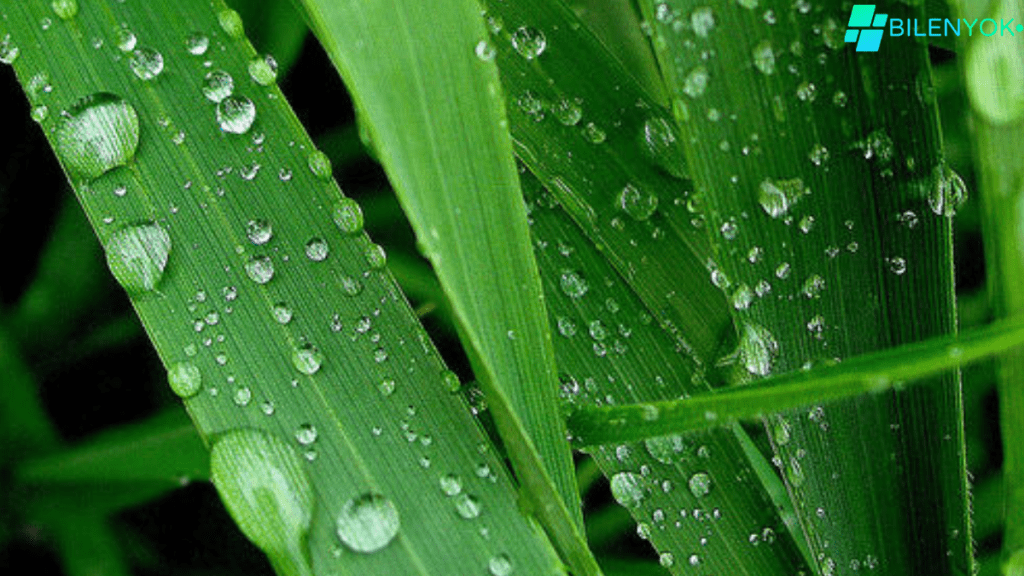
2. Uneven Cuts Lead to a Patchy Lawn
Can you mow wet grass and expect a clean, even cut? Unfortunately, no. Damp grass doesn’t stand up straight under the weight of water, making it harder for the mower blades to get a clean cut. Instead of a uniform trim, you’re more likely to end up with uneven patches, as some blades of grass bend while others are cut at odd angles.
This can leave your lawn looking patchy and poorly maintained. Worse yet, uneven cutting can stress the grass, making it more susceptible to diseases and pests, which thrive in the damaged areas. Over time, this can turn your lush, green yard into a sickly, uneven mess.
Tip: Mow your lawn when the grass is dry and standing upright to ensure an even, clean cut.
3. Wet Grass Increases the Risk of Lawn Diseases
One of the most significant dangers of mowing wet grass is the increased risk of fungal infections and lawn diseases. Wet grass creates a damp environment where fungi and bacteria thrive. When you mow moist grass, the clumps left behind can trap moisture, leading to ideal conditions for diseases like brown patches, dollar spots, and rust.
These diseases can spread rapidly, damaging your lawn and creating unsightly brown or yellow patches. Can you mow wet grass without increasing the risk of disease? The simple answer is no. Mowing with wet grass cuts the blades unevenly and can tear the grass, making it more vulnerable to infections.
Tip: Avoid mowing wet grass to reduce the risk of fungal infections. If your lawn is already moist, let it dry out before cutting.
4. Mowing Wet Grass Can Damage Your Lawn
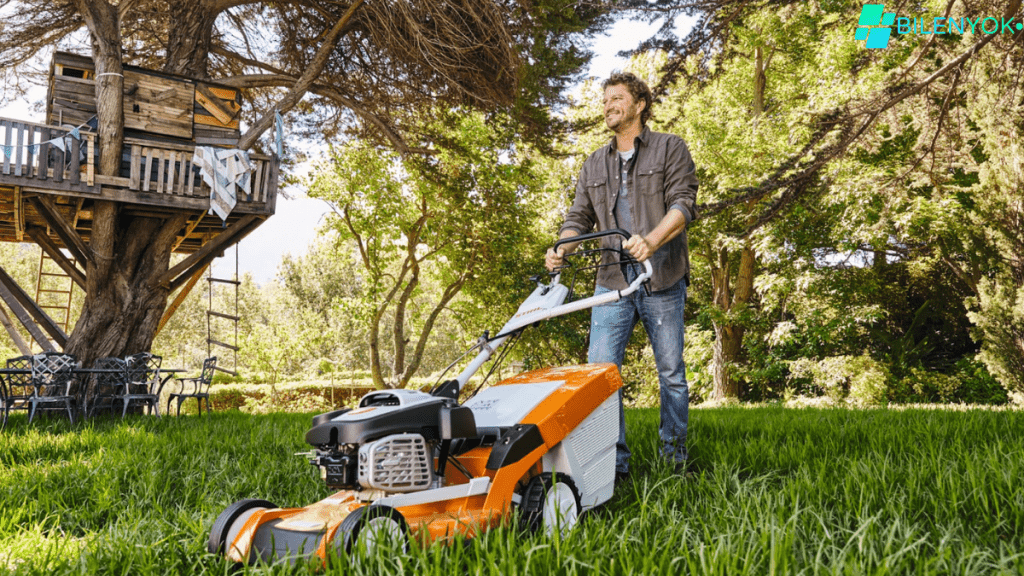
Cutting grass while it’s wet can damage your lawn long-term. Wet grass is more delicate and prone to tearing rather than cutting cleanly. Telling the grass instead of cutting it properly takes longer to recover, and the damaged areas become more prone to disease and pests.
Additionally, mowing a wet lawn can cause soil compaction, especially if your lawnmower is heavy. Compacted soil reduces the amount of oxygen and nutrients that can reach the grass’s roots, stunting growth and leading to poor health. Over time, this can result in a thin, unhealthy lawn with bald patches where grass can no longer grow.
Tip: Wait for dry conditions before mowing to protect your lawn from damage.
5. Mowing Wet Grass Is a Safety Hazard
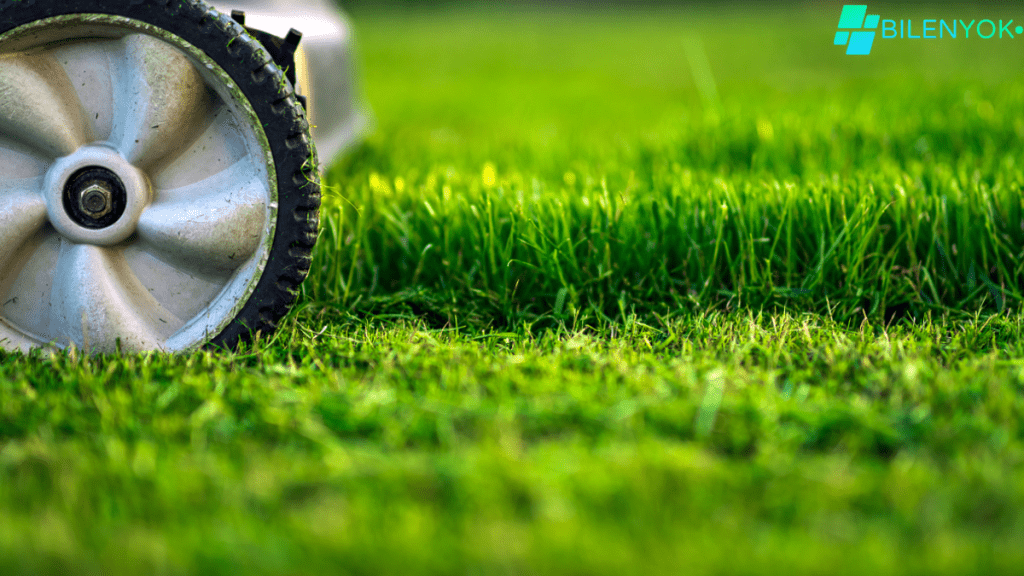
Can You Mow Wet Grass? One of the most important reasons to avoid mowing wet grass is the risk of injury. Wet grass is slippery, making it dangerous to walk on while pushing a heavy lawnmower. Slips and falls can result in serious injury, especially if you lose control of the mower.
Additionally, wet grass can make the lawnmower itself slippery and difficult to handle. This increases the risk of accidents, such as the mower sliding or tipping over, potentially damaging your property or injuring yourself.
Can you mow wet grass without facing safety risks? Not really. It’s always safer to wait until the grass is dry to reduce the risk of accidents.
Tip: Always prioritize safety when mowing by waiting for dry conditions. Wear non-slip shoes and proceed cautiously if you must mow in slightly damp conditions.
Also read: Can You Mow Wet Grass? 5 Reasons Why You Should Not
How to Handle a Wet Lawn
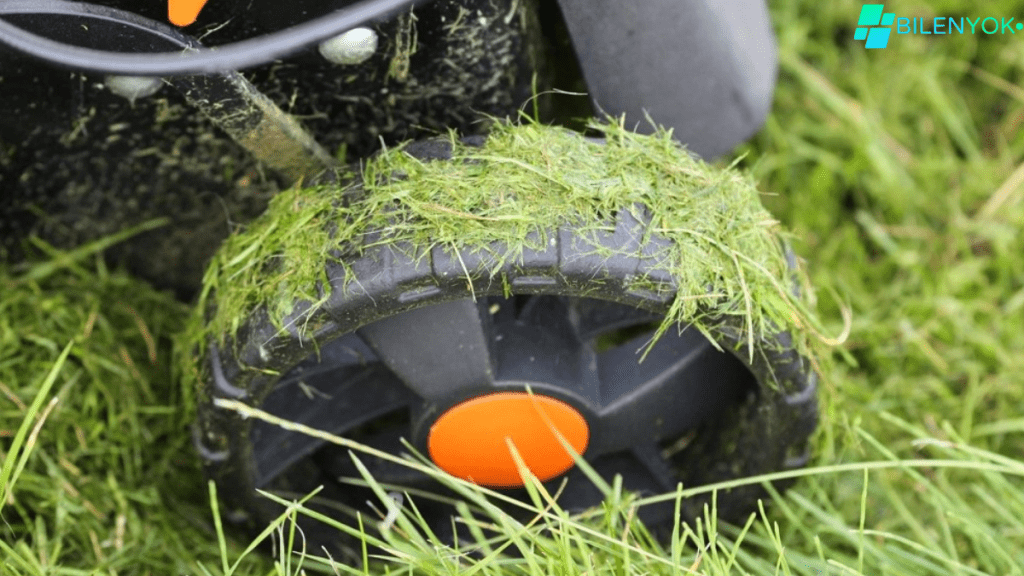
Even though it’s clear that you shouldn’t mow wet grass, sometimes weather conditions or tight schedules might make it unavoidable. Can You Mow Wet Grass? Here are a few tips to safely handle mowing in less-than-ideal conditions:
- Wait if you can: The best advice is to wait until your grass is dried.
- Raise your mower blades: If you must mow when the grass is slightly damp, raise the blades to their highest setting to avoid cutting too close and damaging the wet grass.
- Clean your mower frequently: Stop regularly to remove clumps of grass that are clogging the blades and deck.
- Use a sharp blade: Make sure your mower blade is sharp to avoid tearing the grass, which can happen more easily when wet.
So, can you mow wet grass? While it’s technically possible, it’s not something you should do. The risks far outweigh the benefits. From clumping grass and uneven cuts to lawn diseases and safety hazards, mowing wet grass can do more harm than good. Can You Mow Wet Grass? It’s always best to wait for dry conditions before mowing to maintain a healthy, beautiful lawn.

